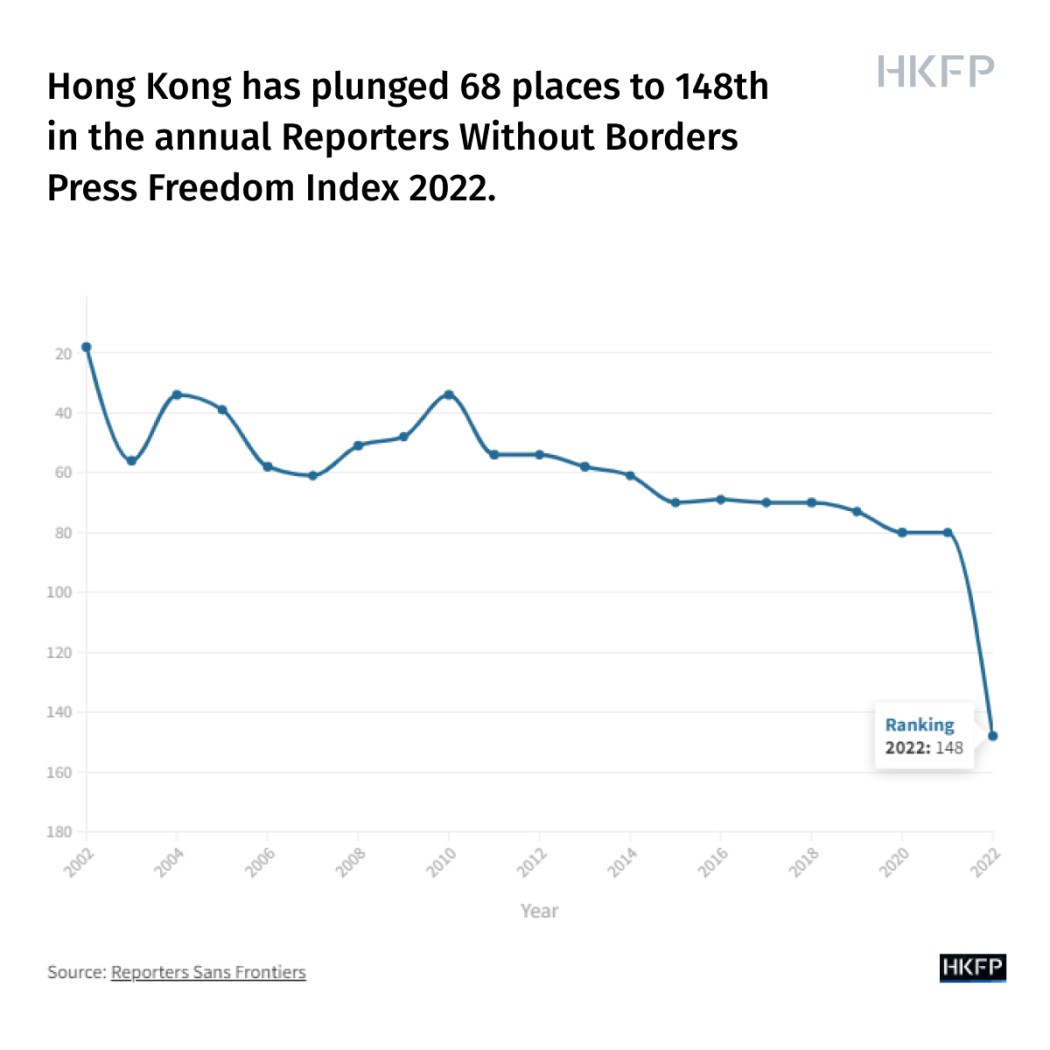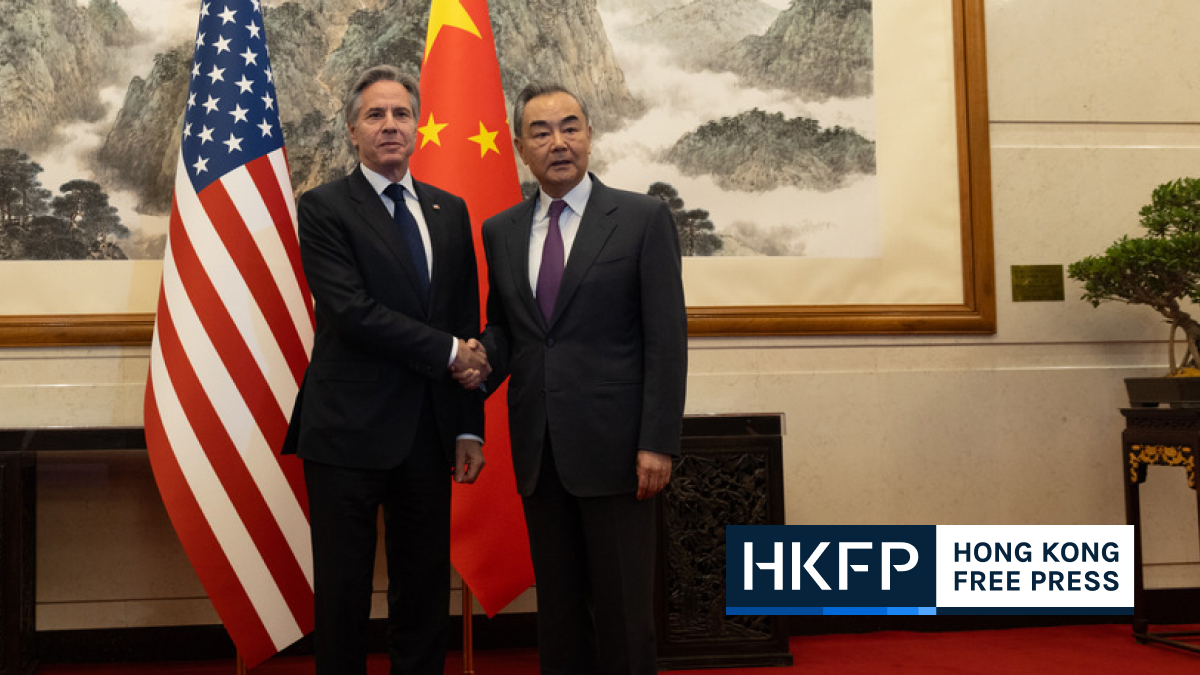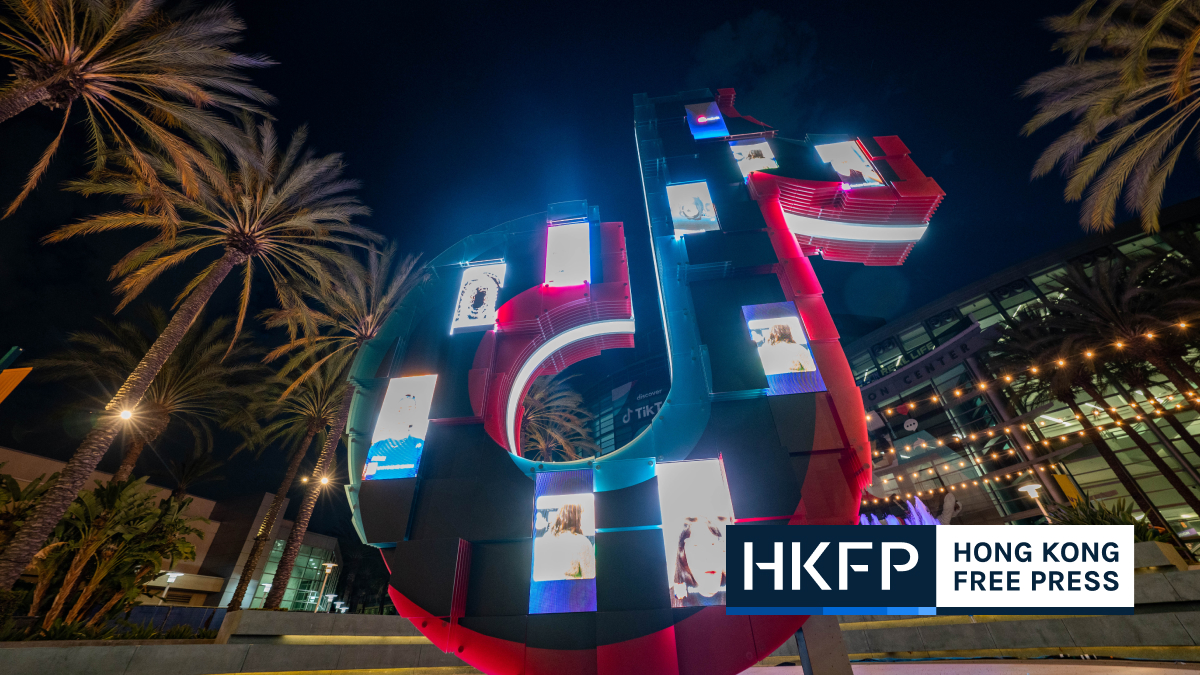The South China Morning Post has sent a warning to a former editor who resigned along with two reporters after their three-part series on rights abuses in Xinjiang was axed by management last year.
During a Foreign Correspondents’ Club talk in Japan this month, ex-senior editor Peter Langan revealed that he resigned from the newspaper’s China desk following multiple conference calls with management in 2021 about the features on birth control policies and alleged genocide in China’s Muslim-dominated western region.

The SCMP told HKFP the series had failed to meet its “editorial verification process and publishing standards,” despite it relying on a review of official government data.
In a letter delivered by courier moments after Tuesday’s story was published, the SCMP said that it had “come to realize that you might be using or have used materials, articles, drafts or information which are prepared or have come into your possession during your employment with the Company.”
The letter, which was not signed by a named person, stated that the firm still owned the intellectual property rights and such material could not be be shared elsewhere. It demanded that any relevant materials be returned within seven days: “Any unauthorized use is not merely prohibited by your contract but is also unprofessional and unethical . If you fail to comply with the above, we will take further action against you.”

The Xinjiang series, and Langan’s interactions with management, were reviewed by HKFP to verify its reporting, though were not published. The SCMP did not respond to HKFP’s enquiries asking for clarification.
‘A valid piece of journalism’
In a text message to HKFP on Thursday, Langan dismissed his former employer’s warning: “The SCMP letter threatens further unspecified action against me and suggests I have acted in an ‘unprofessional and unethical’ manner.”
“However, when invited to speak at the Foreign Correspondents’ Club of Japan on the attacks on civil liberties in Hong Kong and my experience as a journalist there, it would in my opinion have been unethical to conceal the killing of a valid piece of journalism on what was happening in Xinjiang to the Uyghur people. And it would have been unprofessional to have done so to a room full of journalists.”

The unpublished SCMP reporting relied on three decades of government birth control data, which included 17 years of national birth control statistics and consultations. Figures from the National Health Commission, birth and population growth statistics from the Xinjiang Statistical Yearbook, and county-level documents, were also referenced.
Efforts to publish it ground to a halt following several rewrites and calls with superiors. In a final email to executives last August, Langan wrote: “[I]t seems clear to me that this three-part Xinjiang narrative now faces the dreaded newsroom death by a thousand cuts, or an endless litany of objections and nit-picking to ensure that the story isn’t published.”
See also: The decline of Hong Kong’s press freedom under the security law
The predominantly Muslim Uyghur ethnic group are among the minorities targeted in what Beijing claims is a campaign to tackle unrest and separatism. The UN says a million Uyghurs have been arbitrarily detained in “political re-education camps,” whilst Human Rights Watch reports that surveillance and repression in Xinjiang has increased dramatically since 2016. Several western countries have imposed sanctions over Beijing’s actions.
Public trust in the credibility of Hong Kong’s media has fallen to its lowest level in two decades, according to a survey by the Chinese University of Hong Kong published in August.

Weeks later, the Hong Kong Journalists Association’s press freedom index sank to a new low for the third consecutive year, with reporters questioning the media’s effectiveness as a watchdog amid an increasingly challenging environment for the industry.
Support HKFP | Policies & Ethics | Error/typo? | Contact Us | Newsletter | Transparency & Annual Report | Apps
Help safeguard press freedom & keep HKFP free for all readers by supporting our team

LATEST FROM HKFP
HKFP has an impartial stance, transparent funding, and balanced coverage guided by an Ethics Code and Corrections Policy.
Support press freedom & help us surpass 1,000 monthly Patrons: 100% independent, governed by an ethics code & not-for-profit.










